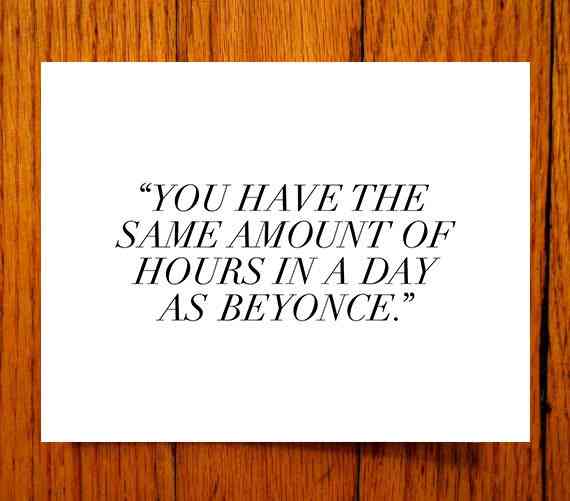I would have been an incredible lawyer.
I can defend my point of view to the bitter end. I’m quick on my feet, can deliver a one-liner, I’m a critical thinker and one heck of a debater. This would have been an awesome quality had I pursued a career in law, however it has not proved to be as useful a skill when it’s time to say, “I’m sorry”. Imagine my surprise!
Actually, I was surprised. Here’s an example. Let’s say, I said something sideways to my husband. Usually on the heels of extreme exhaustion, hunger or just because I wasn’t thinking. Whatever the reason, I’d say something that negatively affected my spouse. And if he brought up the offense, I would go straight for the jugular straight to defending my point of view or giving excuses. Most of the time not stopping to understand exactly why he was upset. I was so busy waiting for him to complete his sentence so I could tell him all the many reasons why I was not at fault, I wasn’t even really listening to his side. Have you been there?
Now I am sure that everywhere good apologizers are shuddering at my ill-attempts to make peace. How was that ever going to work? It didn’t. It doesn’t. Sometimes my husband has actually said, “Just say you’re sorry!” and I remember thinking, it can’t be that easy! First, I have to convince you of my real intention or avoid this interaction altogether! Second, here’s a list of my excuses, and finally, how could that hurt you if I didn’t mean for it to? I would eventually get to an apology, but I took the long, winding road to get there.
Saying you’re sorry and asking for forgiveness is never an easy thing to do. But as a recovering defender, I think there are two things we can all do that will make all the difference in our relationships and friendships: just listen and change our goal in the conversation.
When I take the time to stop and listen, I am better able to understand the other person’s point of view. I have time to take a deep breath, listen, process, clarify and ask questions. More often than not, especially in my marriage, I am able to recognize my offense and seek forgiveness quickly and move on.
And now, I try to make peace and reconciliation my goal instead of winning or being right all the time. If you actually stop in the middle of an argument with a friend, your spouse or a family member and ask yourself, “what am I trying to accomplish here?” it makes you think twice before speaking. If your goal is to make things right (not just be right), it drastically changes the way you communicate.
One day it hit me like a holy ton of bricks. As soon as I realized I said something, I said sincerely, “I’m sorry, that wasn’t cool and I didn’t mean that. Will you forgive me?” The look on my husband’s face will be forever etched it my heart as he simply replied, “Of course, thanks for saying that.” The conversation was dropped in an instant and we moved on. No lengthy debate, no raised voices, forever forgotten. It’s now a firm family practice that goes both ways. I hope this encourages you to draw near to your loved ones instead of standing at a distance, and if you need to, say “I’m sorry”.














